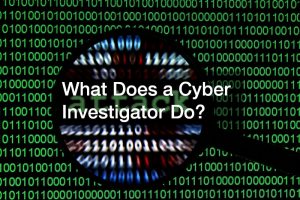
In February 2009, President Barack Obama signed the Health Information Technology for Economic and Clinical Health Act, better known as the Hitech Act, which provides $27 billion in financial incentives for digital health record use. Overall, healthcare and technology are becoming increasingly intertwined. If you are in the healthcare industry, you might consider mobile medical applications. Mobile medical applications, also known as mobile medical apps or mobile healthcare apps, can be highly advantageous, saving healthcare providers time and money. For example, Medicaid is just one healthcare sector in which electronic applications can be extremely helpful and cost efficient. Patient can fill out one form electronically, and then it can be automatically routed to the most appropriate program with minimal interaction and paperwork, allowing the Medicaid process to be more streamlined.
It is important to note that there are many different kinds of mobile medical applications. For example, you might consider Hipaa compliant text messaging apps. One of the intentions of HIPAA was to make health care and medical information standard across multiple channels and providers and Title I of HIPAA protects health insurance coverage for workers and their families when they change or lose their jobs. However, HIPAA also pertains to patient privacy. Specialized secure messaging apps for mobile devices that encrypt the data on your phone, communicate it to the recipient and then decrypt it, help to ensure patient privacy and HIPAA compliance. Read more articles like this.





